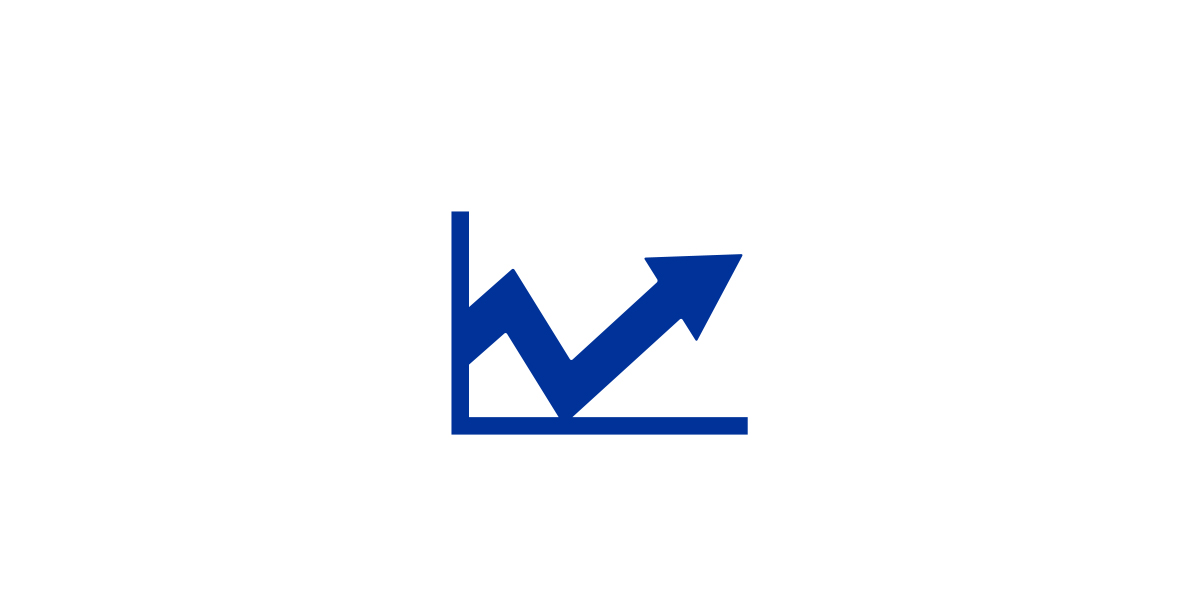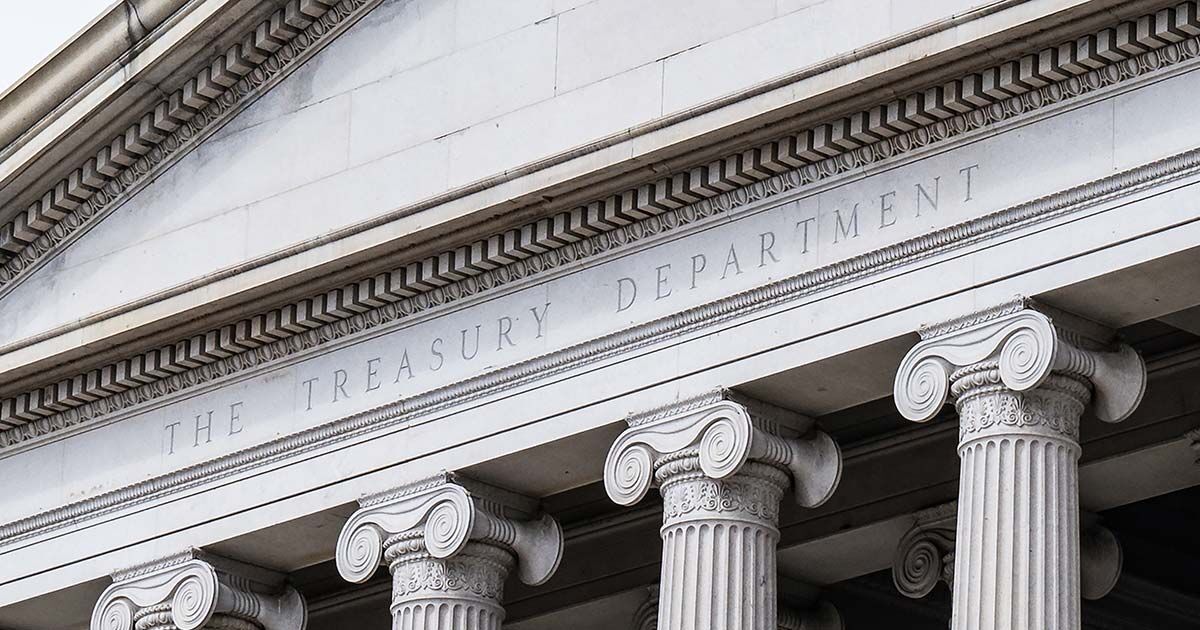MyNameAintJeff
FULL MEMBER

- Joined
- Aug 19, 2021
- Messages
- 101
- Reaction score
- 0
- Country
- Location
With the extreme aging of the population, Japan will be forced to increase government expenditure for seniors. I don't see a way out for them.
Follow along with the video below to see how to install our site as a web app on your home screen.
Note: This feature may not be available in some browsers.


Demand is rising, however supply is sinking, that is the problem. The Fed is tightening. No longer easy dollar money. As said I don’t think that will help the yen even if Japan sells all dollar holdings. Which is the stupidest move ever. How will Japan pay the imports?Determined by demand and supply*.
Japan can prop up the demand of Yen through selling of external assets, and supply (foreigners selling Japanese assets) won't be able to match it because external liabilities are lesser than external assets.

Demand is rising, however supply is sinking, that is the problem. The Fed is tightening. No longer easy dollar money. As said I don’t think that will help the yen even if Japan sells all dollar holdings. Which is the stupidest move ever. How will Japan pay the imports?

No I mean supply of the dollars. Japan can certainly print Yen....
I'm saying that the Yen's value is determined by demand and supply of the Yen. What do you mean by demand of Yen is rising and supply sinking lol.

Japan's biggest problem is deflation. As you said, raising interest rates will only lead to more serious deflation and make debt unaffordable. Japan's correct approach is quantitative easing and negative interest rates. As for the exchange rate, let it die.I doubt it. Japan's fundamental problem is their aging and shrinking population.
View attachment 885589
View attachment 885590
Japan has actually been growing faster than the US over the past few decades in terms of GDP per worker, but their total GDP has been stagnant because their working age population has been shrinking and will continue to shrink.
If productivity grows 1.5% and labor force shrinks 1%, you only grow ~0.5%. If Japan's labor force can grow 1% like the US/Canada, their economy would be growing ~2.5% instead.
As long as we keep measuring economic performance using total GDP growth, Japan's economy will always look stagnant.

How will Japan pay the imports?

You can see in the chart Germany has $3 trillion external assets, however that euro is sinking to new low against the dollar. Why?You think Japan is a net debtor country like the UK which has to depend on capital inflows to fund their imports?
For the umpteenth time, Japan has >$3 trillion in NET external assets which is the world's largest, and you think they can't pay for their imports because they don't hike interest rates lol.
View attachment 885616
And they are still projected to accumulated current account surpluses this year despite rising energy costs. Not sure why you think they are some banana republic like Sri Lanka.
View attachment 885611
View attachment 885614

You can see in the chart Germany has $3 trillion external assets, however that euro is sinking to new low against the dollar. Why?
Again, exchange rate to the dollar is not correlated to country’s inflation rate, external assets or external debts.


Why should the Ecb intervene in forex market? That’s not its mandate. The euros is international reserves currency, second only to the dollar. There is no need to do any intervention. The Ecb is headquartered in Germany every country within the euros have same voting rights. But realistically speaking the Germans have the say. The euro is backed by Germany economy and AAA rating.And as you can see, the Eurozone includes like countries like Spain and France which are some of the largest debtors in the world. As a whole, the Eurozone is a net debtor.
View attachment 885626
EU Net International Investment Position, 1999 – 2024 | CEIC Data
EU Net International Investment Position reached 647.482 USD bn in Dec 2023, compared with 511.514 USD bn in the previous quarter.www.ceicdata.com
Also that point is moot because the ECB don't really intervene in the forex market. The ECB isn't owned by just Germany and they are not like Japan which can enact their own monetary policy. The last time the ECB intervened was more than 10 years ago with a mere EUR700mil.

ECB foreign exchange interventions
The European Central Bank (ECB) is the central bank of the European Union countries which have adopted the euro. Our main task is to maintain price stability in the euro area and so preserve the purchasing power of the single currency.www.ecb.europa.eu
ECB foreign exchange interventions
Quarterly reports
The ECB began publishing quarterly data on its foreign exchange interventions (FXIs) in May 2020. The aim of this reporting is to enhance transparency while safeguarding the ECB’s ability to carry out interventions in the foreign exchange market in an effective manner.
The exchange rate of the euro is not a policy target for the ECB. Thus far it has only intervened in the foreign exchange market in 2000 and 2011, and when it does so it acts either alone (in a so-called unilateral intervention) or together with other central banks (in a so-called coordinated intervention).
The following tables show the details of the ECB’s historical interventions in the foreign exchange market, as well as the information for the four most recent quarters. The tables are updated with a delay of one quarter.
View attachment 885627
Throughout history the ECB bought only ~EUR11bil, which is minuscule. It's little more than half of Singapore's current account surplus in one quarter.

Question is, does inflation and a weak yen even help Japan anymore. Japan is no longer the export powerhouse it was 30 years ago.What for? They have been fighting against deflation through QE for years, and now they are finally eking out inflation at 3% for 1 month. Their cumulative price increases over the past years have been almost zero. Look at their inflation data, would you hike rates if you were them?
View attachment 885585
Japan Inflation Rate
Inflation Rate data for Japan. The current inflation rate, the previous month's inflation rate and the month over month inflation rate.www.rateinflation.com
If they want to defend their currency, they can easily intervene in the FX market. They are the world's largest creditor nation.
In fact, I suspect they want inflation to go even higher and be entrenched in their economy, so that they can finally get out of their deflation spiral and inflate their massive domestic debt away. Just look at the US, their debt to GDP ratio just shrunk thanks to inflation.

US Is Inflating Its Debt Away After Unprecedented Spending Binge
When measured against the economy, America’s debt is set to post the biggest drop in at least two decades.www.bloomberg.com

Why should the Ecb intervene in forex market? That’s not its mandate. The euros is international reserves currency, second only to the dollar. There is no need to do any intervention. The Ecb is headquartered in Germany every country within the euros have same voting rights. But realistically speaking the Germans have the say. The euro is backed by Germany economy and AAA rating.


Yes. The devaluation of the currency will stimulate exports. Rising exports will inevitably change the trade deficit.Question is, does inflation and a weak yen even help Japan anymore. Japan is no longer the export powerhouse it was 30 years ago.

As said Ecb has no mandate to intervene.If the ECB doesn't intervene in the forex market, then why bring up the Euro when I'm talking about Japan's ability to defend the Yen? Do you even follow the argument here, or are you arguing for the sake of arguing?
The BoJ intervenes in the market and the ECB doesn't. You really think they need to hike interest rate to defend the Yen when they have so much net external assets?

Japan spent ¥2.84 trillion in September intervention to prop up yen
Despite an initial gain of more than 3.5% in the yen against the dollar, the surprise move hasn't reversed the currency's weakening trend.www.japantimes.co.jp

The EU is Germany flying with a herd of pigs. Helmut Kohl should not have brought so many European countries into the EU.As said Ecb has no mandate to intervene.
There is a correlation between interest rates to the exchange rate of the dollar to euro and yen. The higher the US interest rate the higher the value of dollar. That’s because money managers shift assets from Europe and Japan to America. That in turn put pressure on euro and yen.
